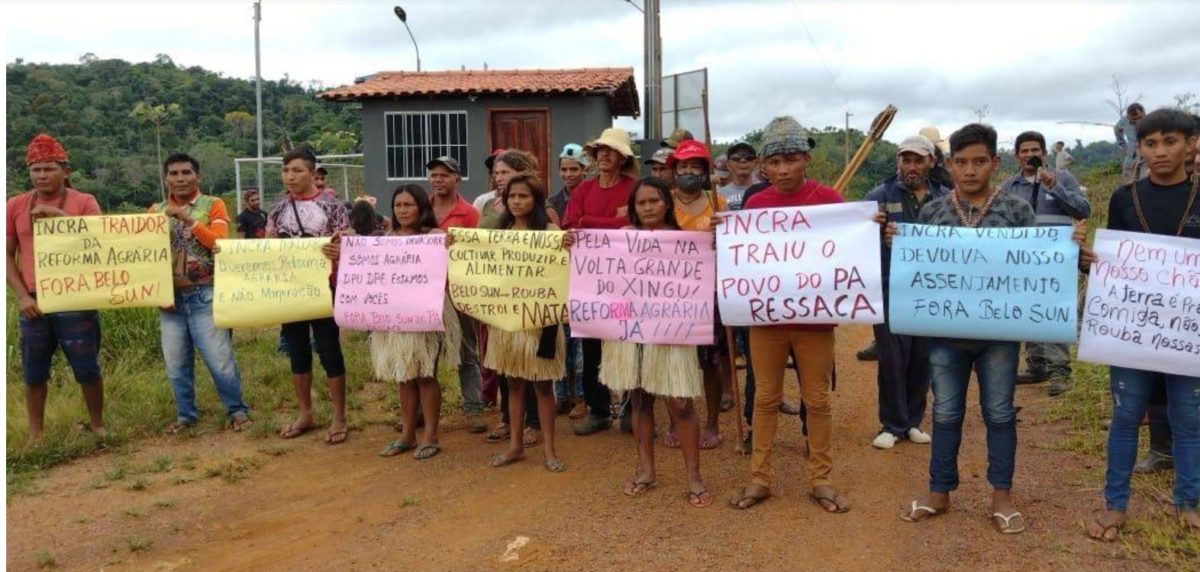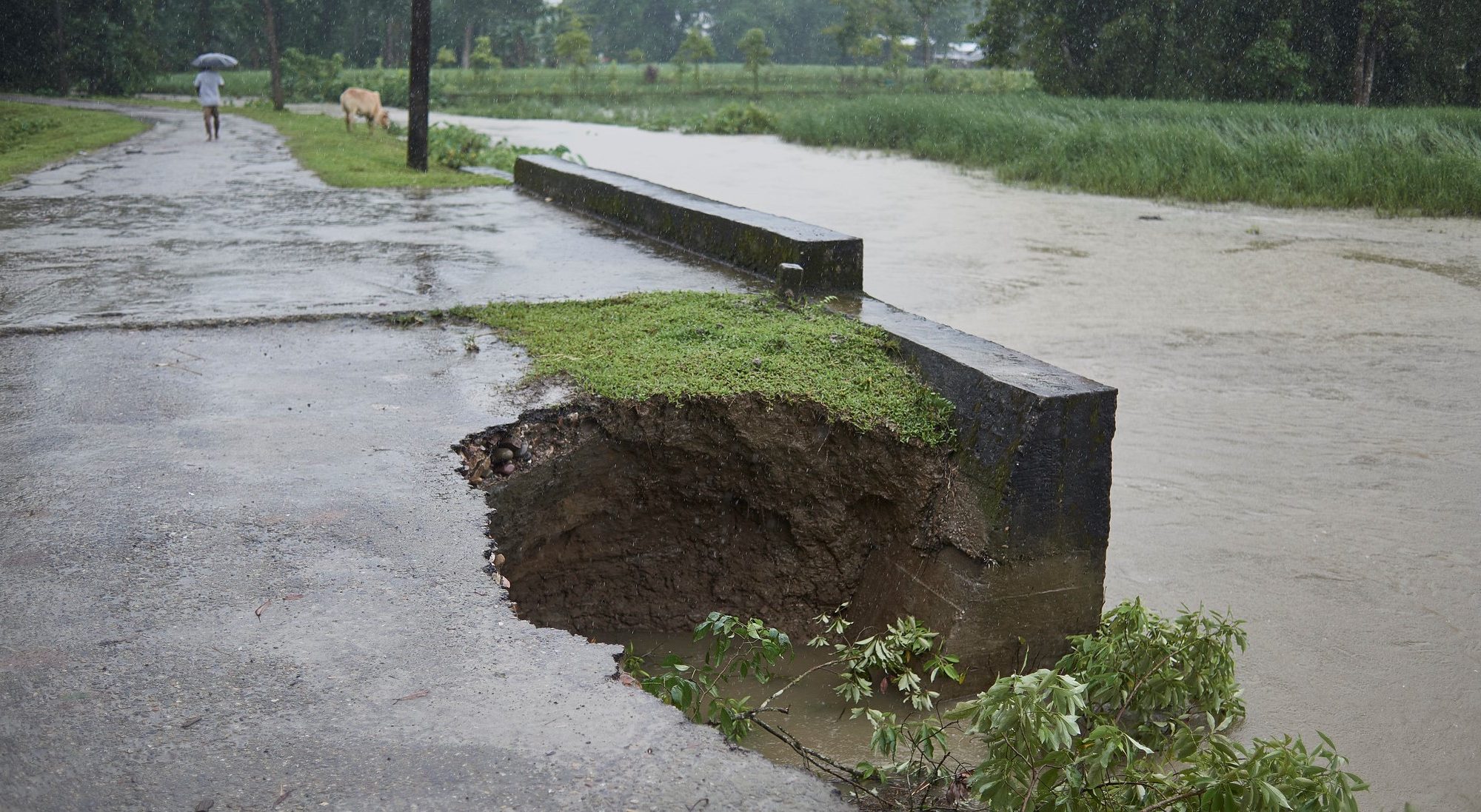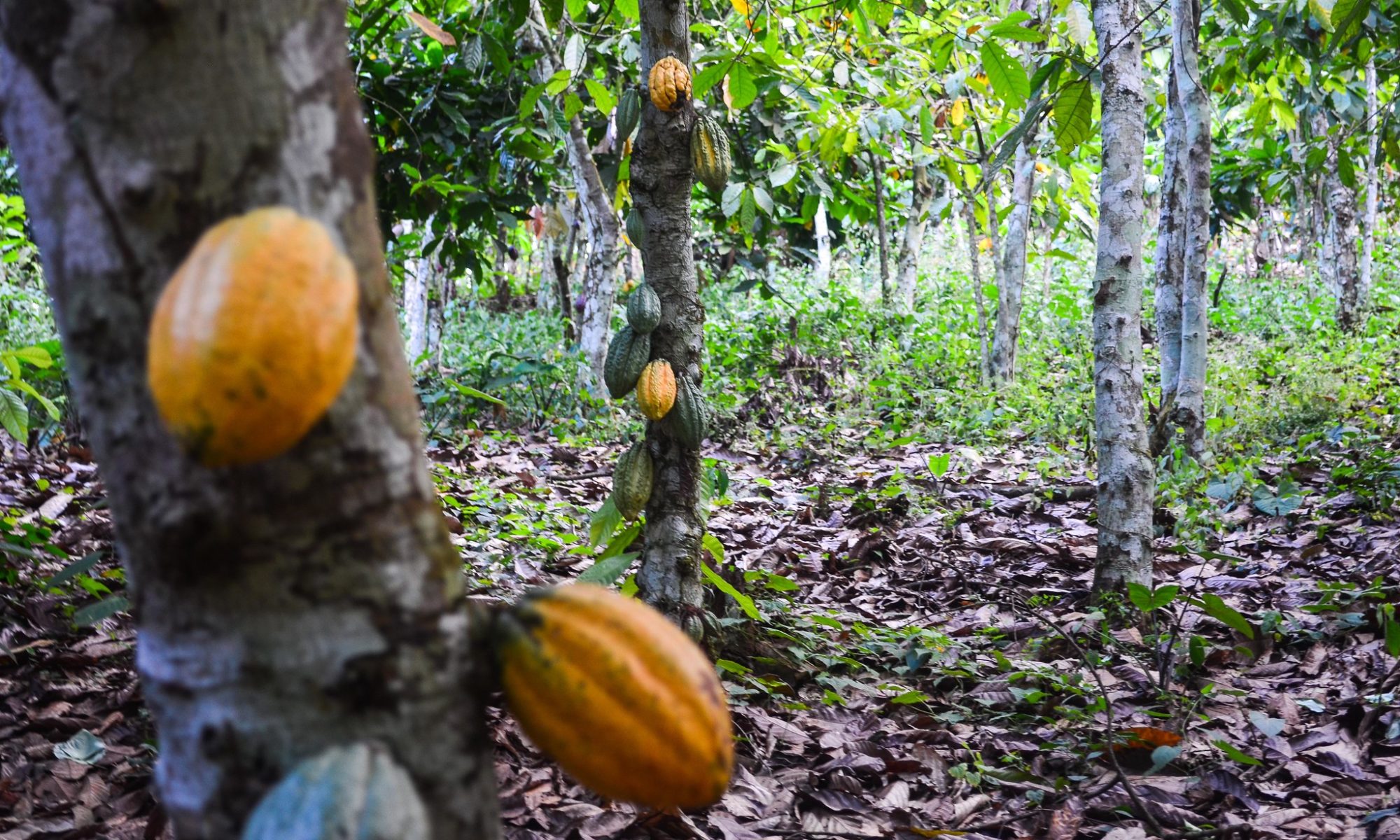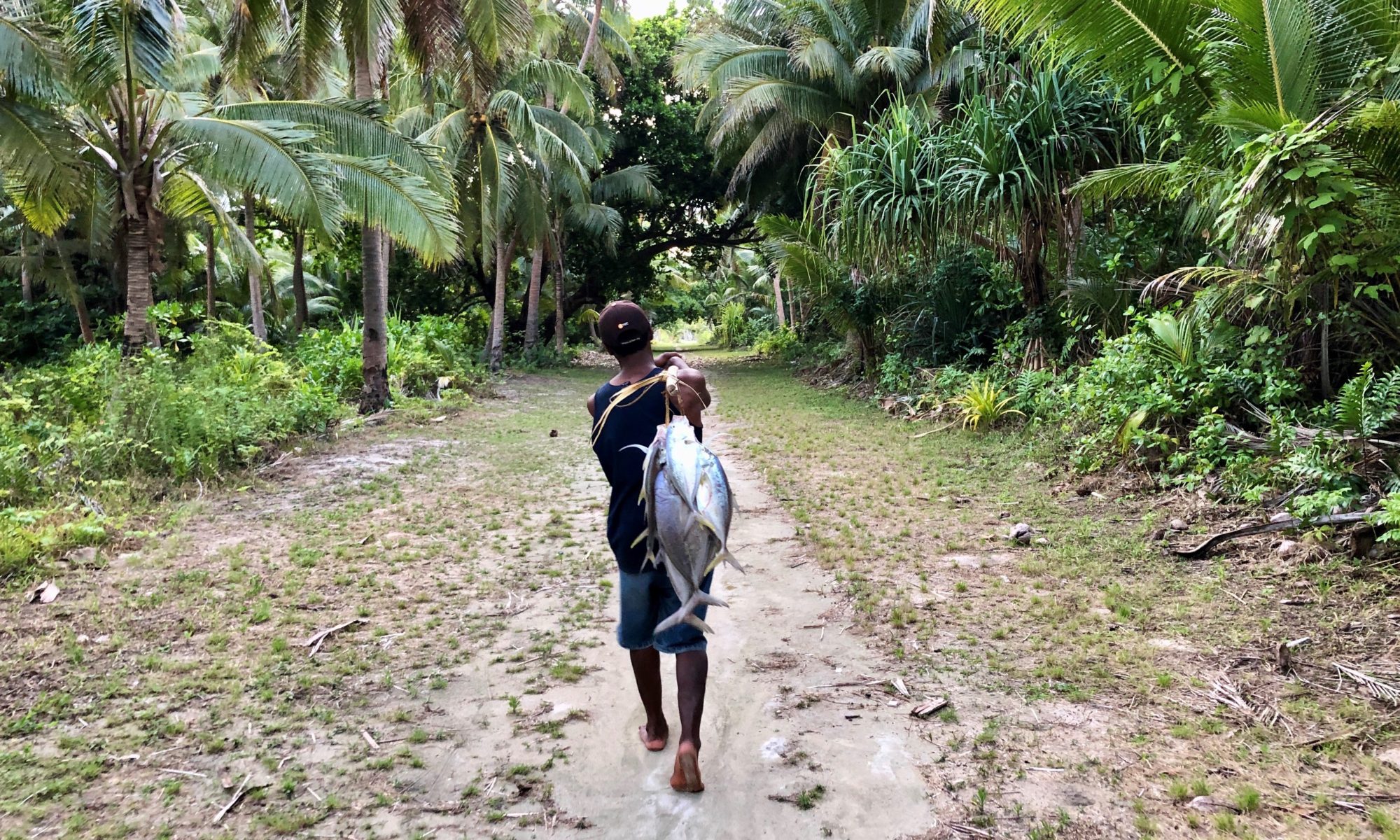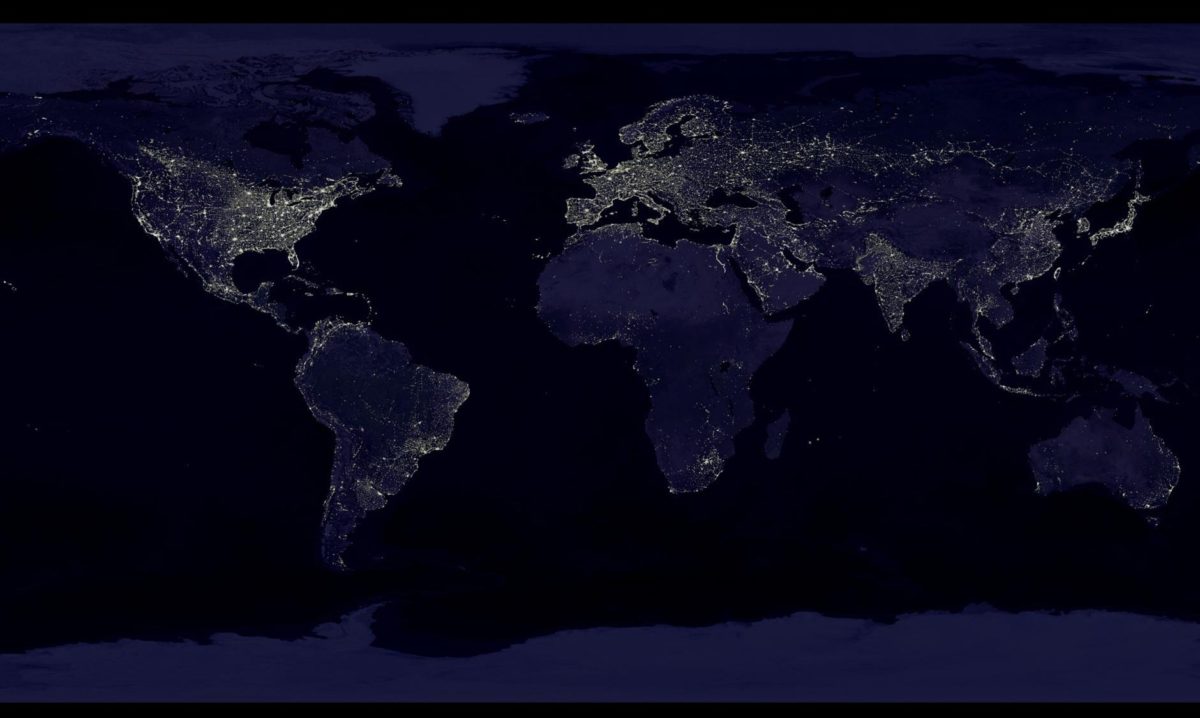By Amélie Foko’o Magoua, Anna Chevalier, Cassandra Ajufoh and Tomaso Ferrando
On June 5th, a group of inhabitants of the agrarian reform settlement Ressaca in the Brazilian state of Para organized a collective action to take back public land previously turned over to Belo Sun Ltd, a Canadian mining company. The action, conducted with the support of indigenous communities and actors from across the Amazon region, aimed at vindicating the right of people to the integrity of their territories and opposing the way in which regulators, politicians and private companies were sacrificing them in the name of gold extraction and global trade in natural resources. Moreover, the action was a clear signal against the limits of national legal processes and a consequence of a frustrating visit to public and private actors in the European Union.
Continue reading “The ecological consequences of ‘economic development’: the expansion of gold mining in the Volta Grande do Xingu”
